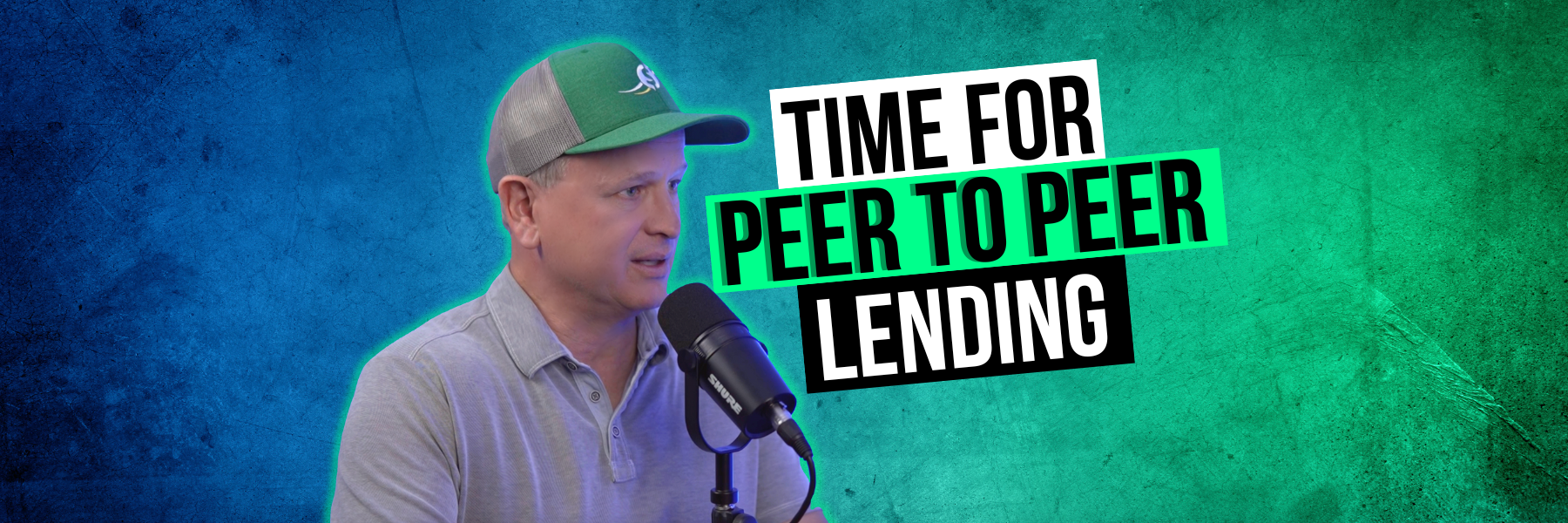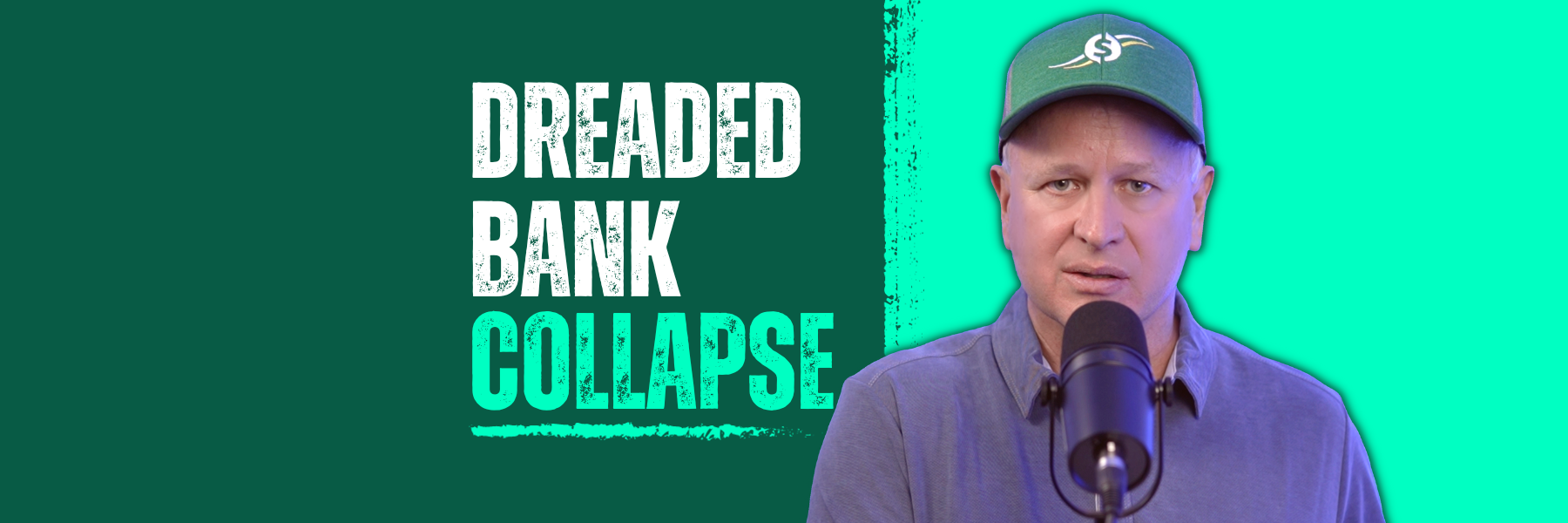How Real Estate Investors Can Prepare for Bank Collapse
How can real estate investors prepare for the collapse of banks? What does that mean for them, and what does that mean for you as a real estate investor? We will coach you through this lending squeeze by not only looking at the challenges, but also highlighting lending alternatives that will help you stay afloat.
In the lending community, banks are experiencing a decrease of money flowing into the lending pool. Over 190 banks have been placed on the watch list because funds are leaving the bank at an accelerated pace. What does this mean for investors specifically?
There are three main ways this problem is impacting real estate investors today. Let’s dive in and discover more!
Changes to the Banks’ Lending Pool
1. Banks are Lending Less
Unfortunately, with the lending restrictions, banks are being forced to swim upstream in search of the “best of the best clients.” What makes up a perfect client? It’s those who have more cash in the bank, more revenue, and better credit scores. However, those specifications don’t always fit the majority of investors.
2. Book of Debt
To put it briefly, savings accounts and CD’s that were booked years ago at low percentages are increasing dramatically. What started at a monthly profit of 3% to 4%, has become a deficit of 5% to 5.25%. This situation is forcing investors to sell bonds and get rid of old debt, so they are longer upside down on past assets.
3. Book of Business
Banks who wrote notes to businesses 3 to 5 years ago are now coming due. What started as 3%- 4% interest rates, has skyrocketed to 8%-10%. Unfortunately, because of this, many businesses can no longer qualify. What do banks do when notes become nonperforming? The government requires banks to put in more capital to help cover potential losses. Lending is not in the forefront of banks minds in the traditional sense. The primary option for investors is SBA loans, which are backed by the government, and therefore they do not have the same lending restrictions.
Investors are Searching for New Lenders:
Why are they looking for new lenders? Investors are forced to explore uncharted waters to locate private lenders because banks are focused on the “best of the best.” This waterfall effect is forcing investors to cascade down to private lenders to keep their businesses afloat. With the influx of new clients, private lenders are also swimming upstream alongside banks, searching for borrowers with more experience, more money down, and more liquidity. Lenders who used to lend 75% ARV are now lending 75% LTV. This could result in investors spending 20%-30% more on each deal if you’re even able to qualify.
Additional Aspect for Fix and Flip Properties
In regard to fix and flip properties, investors need to consider the current interest rates for homes. When rates go up, the ability for a buyer to buy a house goes down. In just two years’ time, a house for $295,000 in 2021 is now $500,000. The affordability of properties has stretched what investors can fit into their budget, and what they are able to qualify for depending on the DTI (debt to income).
Managing the Lending Squeeze
How real estate investors prepare can will result in success when navigating these rough seas. The goal is to make sure you have cash, high credit scores, and that you are keeping up on projects. Get into a deal now and hold it for 2-3 years to set yourself up for success.
Open your eyes to additional lending sources, such as “other people’s money” aka OPM, to fund part or even all of your projects. These are individuals within our community that can lend anywhere from $10,000 to $100,000. They are out there! It’s just a matter of knowing where to look and who to ask.
Money and credit are going to be your keys to making sure that you are in the game as the rates continue to increase. We can help guide you through the process of starting your business, increasing your credit scores, finding ways to improve your income, and helping with OPM options.
Need more help navigating these rough waters watch our most recent video!
We’ve raised millions of millions of dollars over the past 15 years by bringing in money from other investors who are just looking for a return. If you need coaching or help taking advantage of these opportunities give us a call!






